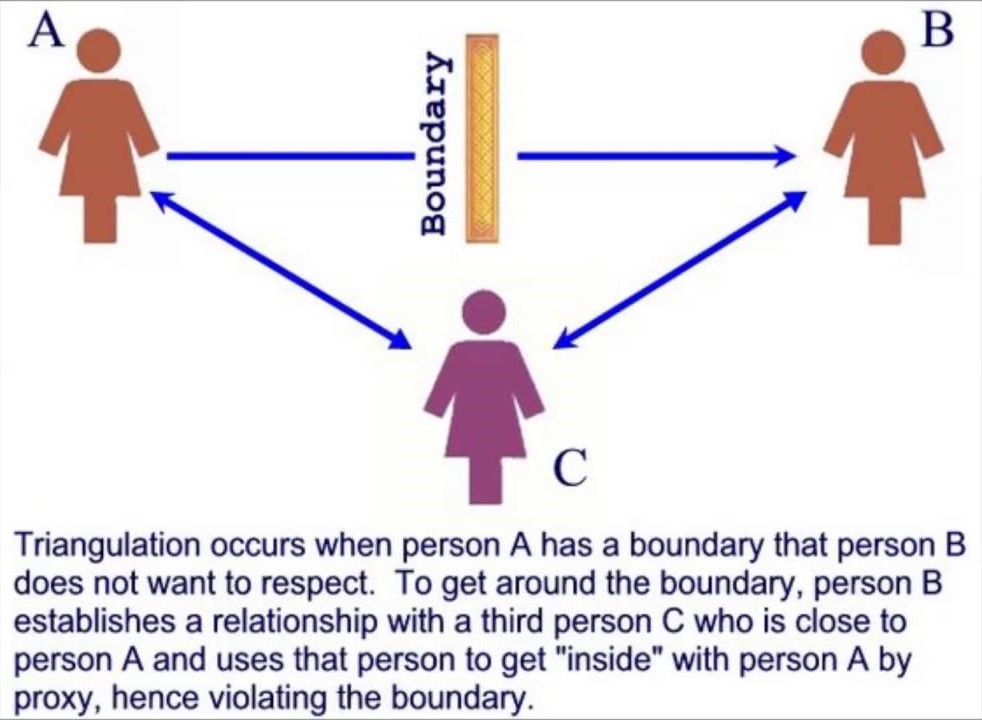November 2024

One word. Narcissists.
One of the C-level executives where I worked casually threw out in a large email chain that he had scored in the top percentile on his SAT exam. Of course, the company CEO was one of the email recipients. This C-level executive was around 50 years of age, so the SAT exam was decades in his past. Why bring it up, unless it was to show everyone how smart he was, and by inference how stupid the rest of us were? During his very first meeting with our department, he stated how much the employees at his last company loved him. It was a cringe-worthy remark, to say the least. Saying these things does not automatically make him a narcissist, but it certainly is a narcissistic trait. These narcissistic actions are hallmarks of executive Corporate America, where they are viewed as confidence, visionary and the ability to make tough decisions. Unfortunately, what they really are in most cases is very convincingly blowing smoke up everyone’s tailpipe.
What’s the harm in narcissists wanting attention, if they are competent and get the job done? Plenty. A narcissist, or even a person with narcissistic tendencies, cannot tolerate anybody else on the team having a good idea. More extreme narcissists might steal that good idea, but more often nobody’s ideas are accepted except their own. Moreover, they will rarely accept anyone pointing out possible flaws or gaps in their ideas or plans. Team members who point out things like this are often declared “difficult employees,” “problem employees,” or even as having “anger issues” (although no anger is expressed). This very effectively deflects from the flawed idea or plan by framing the person with a possibly better idea or plan as the problem. Most team members quickly get wise to this and just keep their mouths shut, even while the narcissist propels the train of the edge of a cliff.
Another problem is that these narcissistic types, due to being so full of themselves, often self-nominate for leadership positions, crowding out the quieter, and often more qualified, team members. Narcissists have no problem jumping many levels past their boss to ingratiate themselves with the senior leadership. They are often in the face of their senior managers, loudly tooting their own horns, so that when the time comes to fill a leadership position, they are who the senior management knows best. Senior leadership very rarely, if ever, effectively gets down into the trenches to see what is really going on, so they are easily snowed by the narcissist. Why not go with the confident, charming person in the group?
Narcissists will also create office chaos on purpose. They do so by pushing the buttons of team members in a way that makes the other person look angry or unstable, while the narcissist remains calm. Narcissist bosses do this to some of their more talented or popular subordinates to marginalize them for easy dismissal later. Imagine a boss restricting your efforts, withholding resources, giving you vague/impossible tasks to perform and then forcing you to take the blame for failures. Any objections you might make will be deemed “anger issues” or something similar to portray you as unstable. Rest assured, they are also painting you this way to their superiors and other team members who they know are loyal and will back up the fabrications. This is how they remove anyone who dares to stand up to them in any way. Secretly creating chaos behind the scenes also has the benefit of them being the only one who remains calm and collected, further “proving” to higher leadership that they know what they are doing and can handle pressure.
So, my assertion is that whatever the narcissist brings to the table in terms of competence, confidence and drive – it is usually eclipsed by the damage done to both the team and business efforts from unwillingness to consider other’s ideas or be a team player. Even the most competent person is not right 100% of the time, and the narcissist’s extreme hubris makes for a lethal formula to very aggressively push through bad ideas. Nobody is going to stop them if they are the boss, and they usually become the boss at some point. Moreover, they usually have the full support of those above them.
I am thankful to be in a position not to depend on corporate money anymore, thereby not having to dance to the tune of these corporate narcissists. I wish those of you still trapped there only success … in escaping.

















